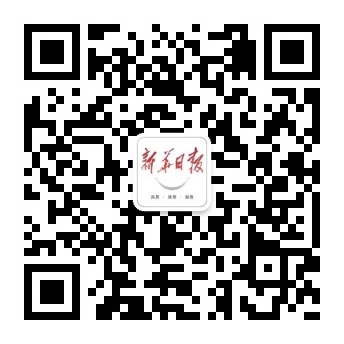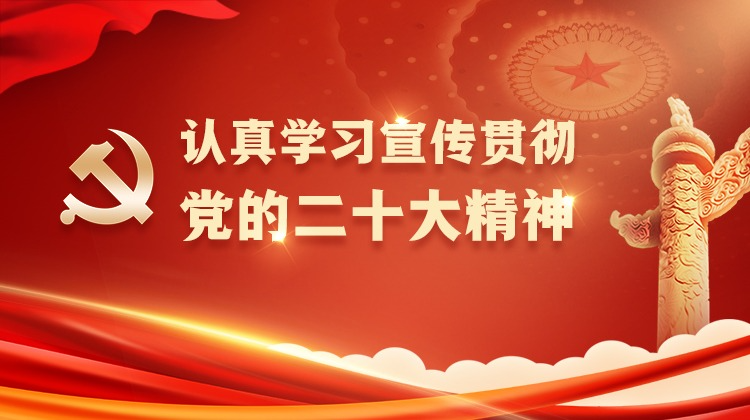* As global trade faces mounting headwinds -- from U.S. tariffs to supply chain fragmentation -- international businesses are making a calculated pivot: China is no longer just a growth market, but a strategic safe harbor.
* From trade floor to future-oriented forum, the 4th China-Central and Eastern European Countries Expo & International Consumer Goods Fair in Ningbo, east China's Zhejiang Province, demonstrated China's dual role as both a gateway for commerce and a nexus for global innovation.
by Xinhua writer Liu Bowei
NINGBO, China, May 25 (Xinhua) -- As global trade buckles under escalating protectionism and geopolitical volatility, multinational corporations are deepening their commitments to China -- betting on its structural resilience and unrivaled long-term growth potential.
The just-concluded 4th China-Central and Eastern European Countries (CEEC) Expo & International Consumer Goods Fair in Ningbo, east China's Zhejiang Province, underscored a pivotal shift in global commerce: Beyond its core participants from Central and Eastern Europe, the event drew first-time exhibitors from Britain, France and Germany -- clear testimony to the fact that China's market has become a strategic imperative, not merely an opportunity, for international businesses.

People queue up to visit the Digital and Smart Manufacturing of CEEC exhibition area of the 4th China-CEEC Expo & International Consumer Goods Fair in Ningbo, east China's Zhejiang Province, May 22. 2025. (Xinhua/Jiang Han)
BET ON CHINA
The four-day event gathered 435 exhibitors and over 3,000 overseas buyers, showcasing more than 8,000 products ranging from wine and cheese to smart agricultural tech and photovoltaic components.
For first-time participants, the expo was not just a showcase, but a gateway into one of the world's most resilient and innovation-driven economies. As global uncertainties rise, China's blend of consumer demand, supply chain depth, and policy stability is making it an irreplaceable hub for businesses betting on long-term growth.
"We're not in the Chinese market yet, and that is why we came, to look for a distributor who can bring us in," said Igor Lakatos from Slovakia's Spirit Company S.R.O.
Expressing confidence in the mutual trust fostered by such platforms, CEO of Albania's Expo Group Fabian Dajcaj said that this trust could reshape cross-border consumer habits.
"In the future, you might shop online from our country as easily as you do at home," he added.
His optimism was echoed by returning participants who have already proved that the model works.
"The Chinese market is full of potential," said Pavlou Christos, marketing director of the East China region of Greek company Zachanas Winery S.A., a regular attendee since the expo's first edition. "Over the years, we've seen real business results."
"The Chinese market is very attractive, even though it's geographically far away. But we see quite a potential for our companies," said Urska Bencina, undersecretary at SPIRIT Slovenia Business Development Agency.
Her agency has joined all four editions of the expo. Voicing satisfaction with the "strong response" from the expo, she said, "they have secured new deals."
As global trade faces mounting headwinds -- from U.S. tariffs to supply chain fragmentation -- international businesses are making a calculated pivot: China is no longer just a growth market, but a strategic safe harbor.
"Such tariffs are bad for both economies," said an exhibitor from Bulgaria. "Trade should be free between countries to really prosper the economy."
Jakub Kutyla from AVA Cosmetic Laboratory, a Polish brand with over 60 years of history, said his company is actively seeking new markets and the Chinese market stands out for both its openness and stability.

Foreign guests interact with a Unitree humanoid robot at the 4th China-CEEC Expo & International Consumer Goods Fair in Ningbo, east China's Zhejiang Province, May 23, 2025. (Xinhua/Zheng Keyi)
FUTURE-ORIENTED COOPERATION
This year's event marked a strategic evolution -- transforming from a transactional marketplace into a launchpad for future-focused cooperation. Beyond signing contracts, participants forged partnerships in both trade and innovation.
This year's expo delivered tangible wins for Central and Eastern Europe, with Bulgaria's prized saffron and Croatia's premium tuna joining China's approved import list -- bringing the total to 126 CEEC food products now cleared for Chinese consumers.
Streamlined approvals and efficient customs processes have helped once-niche products like Polish amber beer and Latvian canned fish now flow seamlessly to Chinese households.
In 2024, China-CEEC trade rose 6.3 percent annually to 142.27 billion U.S. dollars, outpacing China's overall trade growth and reinforcing the value of deeper cooperation.
"As the world undergoes unprecedented transformations ... no country can find success by maneuvering them on their own," said Meira Hot, vice-president of the National Assembly of the Republic of Slovenia.
She added that shared development through cooperation is becoming a common aspiration.
Many participants looked beyond goods trading, focusing instead on sustainable technologies, advanced manufacturing and innovation as the next frontier of cooperation with China.
SUN Powered Systems came seeking a cable manufacturer for photovoltaic agricultural machines, aiming for long-term growth, said representative Robert Demko.
Under the theme "New Visions for the Future," this year's expo highlighted emerging sectors. Attendees interacted with cutting-edge innovations, such as humanoid robots from the Chinese company Unitree Robotics.
"It's just amazing to see how the technology is developing in the world," said Laszlo Stundl, a professor at Hungary's University of Debrecen. He sees particular potential in applying robotics to agriculture amid labor shortages.
The event also served as a springboard for academic cooperation. Tomas Brestovic, a professor at the Technical University of Kosice in Slovakia, introduced a low-pressure hydrogen storage system suited for public transport. He said his visit to Ningbo is aimed at student exchanges and joint research with 17 universities.
From trade floor to future-oriented forum, the expo demonstrated China's dual role as both a gateway for commerce and a nexus for global innovation.
(Video reporters: Song Lifeng, Liu Mingxiang; video editors: Wu Yao, Hui Peipei)■







 新华报业网
新华报业网














 Android版
Android版
 iPhone版
iPhone版




